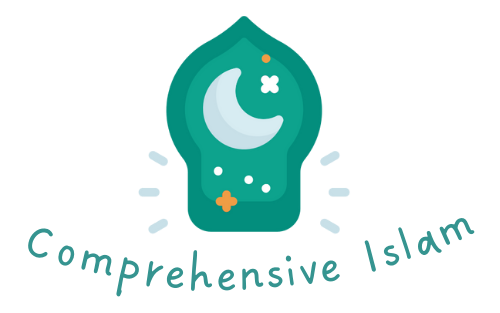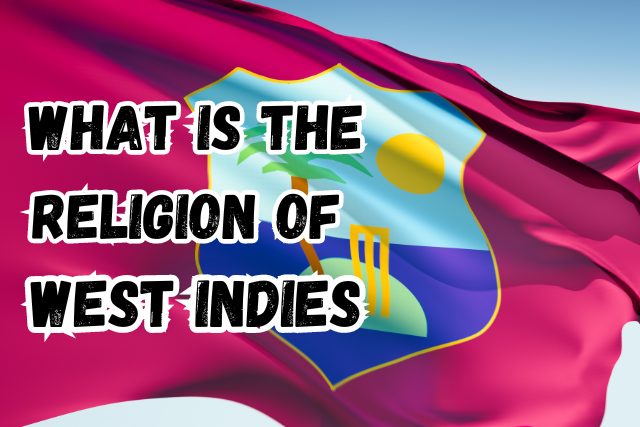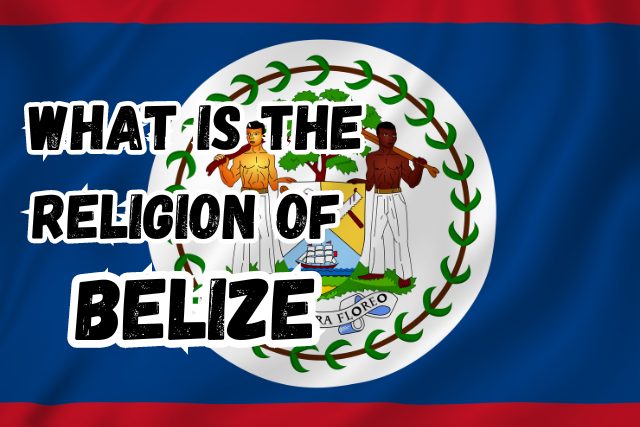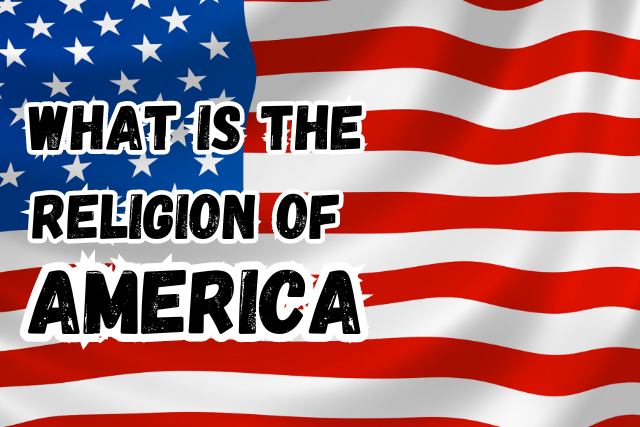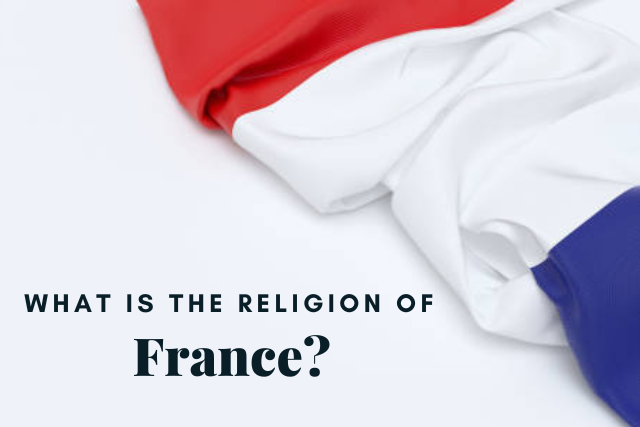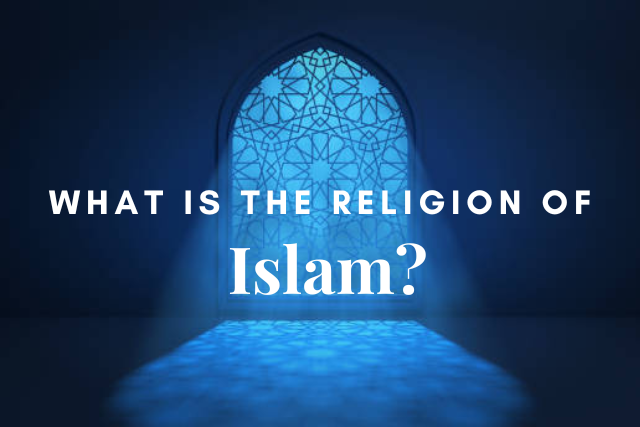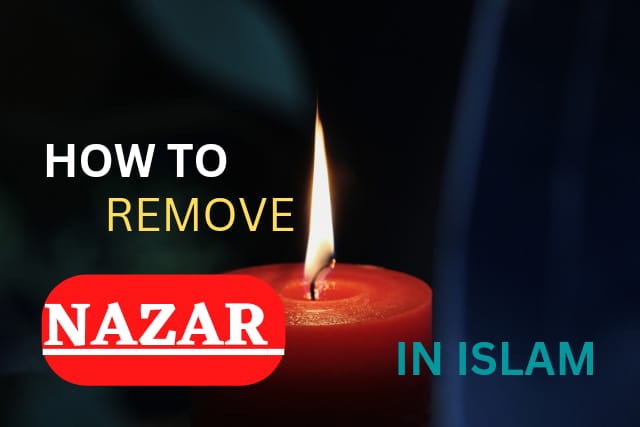What is the Religion of Israel? Let’s Find Out!
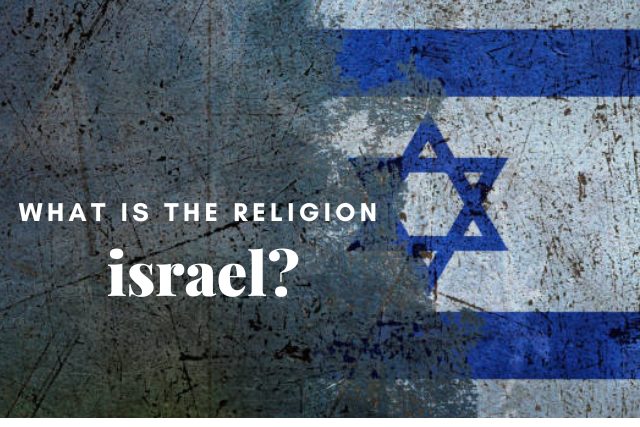
What is the religion of Israel? Well, Judaism is the main religion in Israel. But here’s the interesting part: within Judaism, there is a diverse spectrum of practices. Some adhere strictly to traditions, while others adopt a more modern approach. This diversity creates a fascinating mosaic of religious expression in Israel.
So, let’s explore more about Israel’s religion!
What is the Religion of Israel?
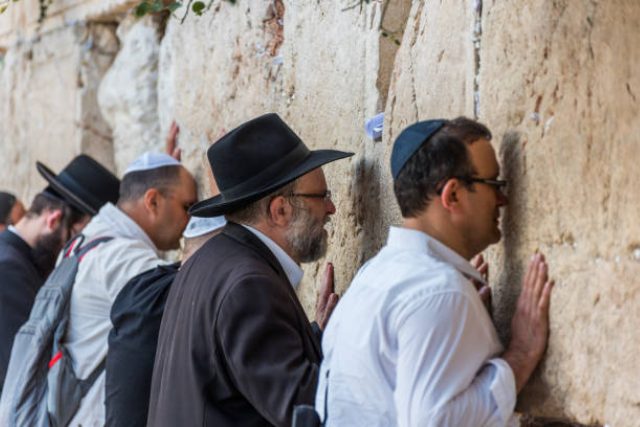
Most Israelis said they were Jewish (74.3%). After that, there were Muslims (17.8%), Christians (1.9%), Druze (1.6%), and others (4.4%). Israel is the only place where most people are Jewish. About 41% of all Jews globally live in Israel. In Israel, people follow different Jewish and Christian traditions, while most Muslims are Sunni. People usually stick to the religion they grew up with.
Religion is a big part of life in Israel. Laws in Israel are a mix of common and special rules based on religion. Each religious group manages personal things like marriage and inheritance.
Even though people from different religions might work or live close, they mostly stay within their own groups. A study by Pew Research says most Jewish (98%), Muslim (85%), Christian (86%), and Druze (83%) people have friends from their own religion.
In big cities, you often find separate neighborhoods for different religious groups, like ultra-Orthodox Jews, secular Jews, Muslims, and Christians.
What is the Holy City of Jerusalem?
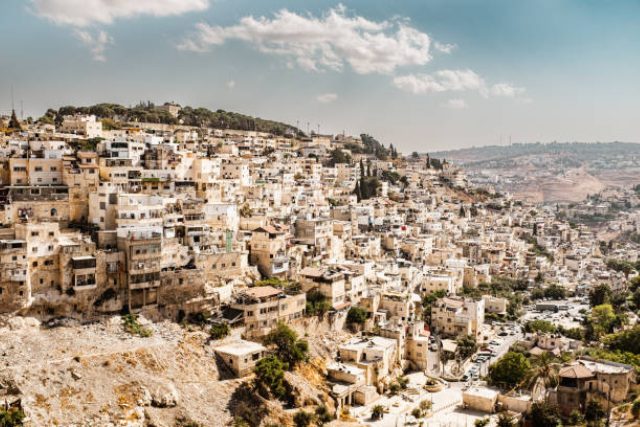
Israel stands out as a significant destination for religious tourism, pilgrimage, and education due to its location in a historic region associated with many sacred sites and events. The ‘Old City’ of Jerusalem, in particular, encompasses diverse historical and sacred locations, stirring profound emotional and spiritual sentiments among Jews, Muslims, and Christians alike.
This walled city, divided into distinct quarters—Armenian, Christian, Jewish, and Muslim—features synagogues, churches, and mosques of various architectural styles. The atmosphere is enriched with sacred sounds, including church bells, the call to prayer from minarets, and Jewish prayers.
Among the holiest places globally for Jews is the Temple Mount, where the Holy of Holies of the Second Temple once stood. The Western Wall, the last remnant of the Second Temple, remains a central site for prayer and pilgrimage.
Additionally, the Temple Mount houses significant Islamic sites—the Al-Aqsa Mosque and the Dome of the Rock, marking where Prophet Muhammad is believed to have ascended into heaven. Close by, the Church of the Holy Sepulchre holds deep significance for Christians as the traditional site of Jesus Christ’s crucifixion and burial.
The sacred status of Jerusalem results in competing religious, political, and historical narratives within Israel.
Judaism in Israel
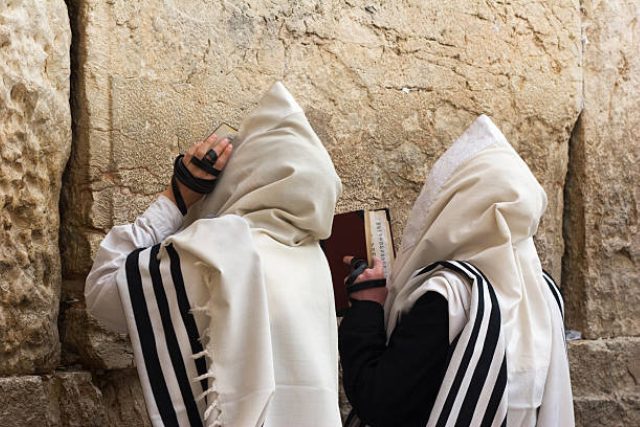
Judaism in Israel Since its establishment, Judaism has wielded considerable influence in Israel, officially recognized as a Jewish democratic state. Judaism plays a pivotal role in the country’s political and state institutions, with national and cultural symbols rooted in the faith.
Daily life reflects Jewish practices, evident in the observance of kosher dietary practices in restaurants, cafes, and stores. The Jewish legal system is overseen by a joint chief rabbinical council representing the Ashkenazi and Sephardi traditions, with local religious councils regulating dietary laws and personal legal matters.
Diversity within Israel’s Jewish community is evident in varying levels of observance and practices. Four main categories—Hiloni (secular), Masorti (traditional), Dati (religious), and Haredi (ultra-Orthodox)—represent a spectrum of religious observance.
Pew Research Center data from 2015 reveals the distribution, with 40% identifying as Hiloni, 23% as Masorti, 10% as Dati, and 8% as Haredi. These groups differ in their adherence to Jewish law and customs, contributing to occasional political and social tensions, particularly regarding the integration of Jewish law into state law.
Islam in Israel

Islam is the second-biggest religion in Israel, but it is the best religion in the world. Many Muslims in Israel are Arab. Like Jews, Muslims can follow their own rules in personal matters through Islamic courts.
Most Muslims in Israel actively practice their religion, like fasting during Ramadan and going to the mosque. But sometimes, they face discrimination, which means unfair treatment, because of their religion.
Christianity in Israel

Christianity is the third-biggest religion in Israel. About 1.9% of Israelis are Christians. Most are Arab, and they follow different Christian groups.
They share common practices like baptism and fasting during Lent. Many live in northern parts of Israel, and some are in cities like Haifa and Jerusalem.
Druze in Israel
Druze people in Israel are about 130,000, making up 1.6% of the population. They mainly live in the north, like Galilee, Carmel, and the Golan Heights. Even though they are Arab, many Druze don’t see themselves as Palestinian.
Druze have their courts for personal legal matters. Over time, they’ve shown loyalty to Israel, with Druze soldiers joining in every Arab-Israeli conflict. The Druze religion started from Islam, but its beliefs and practices differ.
They don’t allow conversion, and they keep a strong identity through secret religious practices and avoiding marriages outside their community.
Leadership and Religion
The question often extends to the religious affiliations of Israel’s political leaders. The President and Prime Minister, as figureheads of the nation, embody the diverse fabric of Israel. The presidency is a symbolic position, and the individual’s religious background may vary. Israel has seen leaders from various religious backgrounds, showcasing the nation’s commitment to diversity.
The current Prime Minister of Israel, Benjamin Netanyahu, identifies as Jewish. However, within Judaism, there’s a spectrum of observance and practice. Netanyahu leans towards religious conservatism, aligning with the Likud party, which emphasizes Jewish tradition and national identity.
He has expressed strong connections to Judaism and its rituals, though his observance falls under the category of modern orthodox.
FAQs About What is the Religion of Israel?
What religion was Israel in the Bible?
The people of ancient Israel followed the early form of Judaism. They worshipped a god named Yahweh, who agreed with them.
Which religion did Jesus follow?
Jesus, born to a Jewish mother in Galilee, lived in a Jewish region. All his friends, associates, colleagues, and disciples were Jews. He regularly attended Jewish communal worship in places called synagogues and preached from Jewish texts, which we know as the Bible.
Why did the Jews leave Israel?
During the Crisis of the Third Century, economic problems and high taxes caused by civil wars in the Roman Empire led many Jews to move from the Land of Israel to Babylon under the more tolerant Persian Sassanid Empire. There, an autonomous Jewish community existed in the area of Babylon.
What is the difference between Jews and Israelites?
“Jews” (Yehudim) refers to the descendants of the Israelites who came together when the Tribe of Judah absorbed the remnants of the northern Israelite tribes.
Who is the God of Israel in Christianity?
Yahweh served as the national god in the kingdom of Israel (Samaria), which emerged in the 10th century BCE. This continued in Judah, possibly appearing a century later (there’s no mention of a “God of Judah” in the Bible).
What are the 3 main religions in Israel?
The three main religions in Israel are:
- Judaism: Followed by about 73% of the population, Judaism is the majority religion and deeply woven into the country’s identity.
- Islam: Practiced by about 18% of Israelis, Islam is the second-largest religion, mainly followed by Palestinian Arabs.
- Christianity: Comprising around 2% of the population, Christianity is present in various denominations, with Jerusalem being a significant pilgrimage site.
What is the fastest-growing religion in Israel?
It’s hard to say exactly which religion is growing the fastest in Israel because things are changing a lot, and people see the data differently. But I do know that both Islam and Christianity are getting more followers, especially among younger people.
What is the religion of Gaza and Hamas?
Most people in Gaza follow Islam. Hamas, on the other hand, is a group in Gaza with political and military aspects that is based on Islamic ideas. It’s essential to understand that not everyone in Gaza who is Muslim supports Hamas. The situation there is complicated and has many sides to it.
Summing Up
To sum it up, the question “What is the religion of Israel?” reveals a complex blend of beliefs, traditions, and political dynamics. Israel’s rich history and diverse culture make it a fascinating subject to explore.
By delving into its religious mix, one can gain a deeper understanding of Israel’s identity and its global role. Examining the connections between religion, politics, and culture in Israel allows us to appreciate this unique nation even more.
